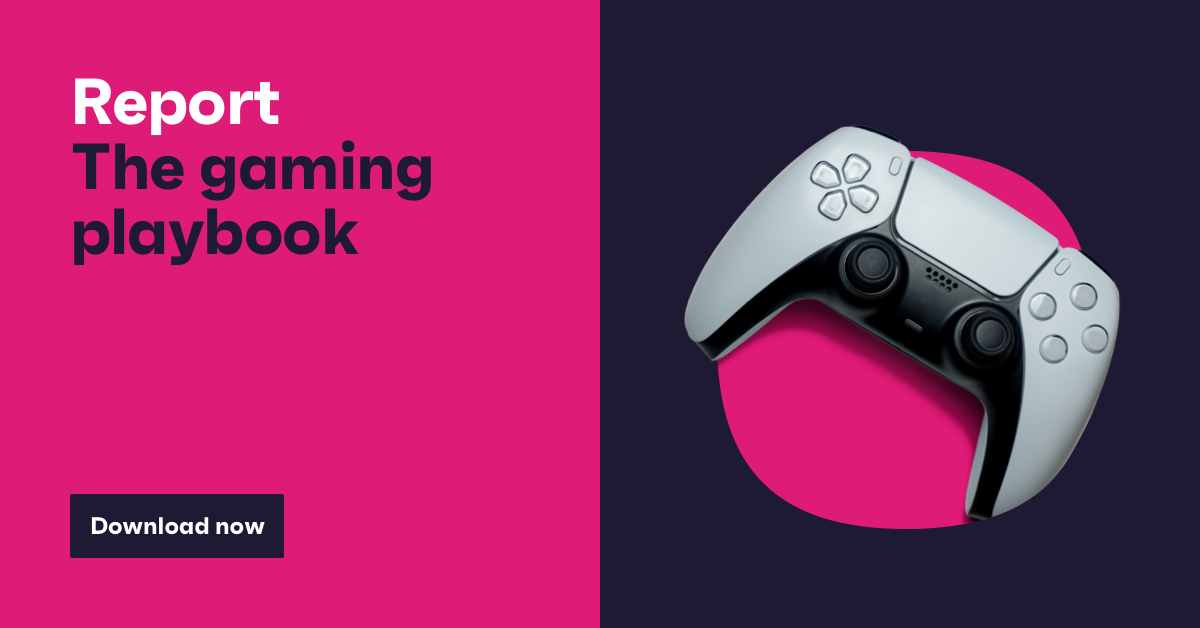The gaming industry has seen remarkable growth in the past 10 years, reaching $137.9 bn in revenue last year alone.
The uptake of smartphones is driving this growth, and 2018 saw the release of various big-developer games such as Rockstar’s Red Dead Redemption II, a hit with audiences that took home $725 million in its first three days.
But shortly after the game’s release, the company came under scrutiny after a male player uploaded a video of them being violent to a suffragette character in the game, which was viewed more than 1.5 million times. “Why can’t we do this in real life?” commented one person underneath the video.
This is just one example of the many challenges the gaming industry still faces when it comes to diversity and gaming toxicity. So what needs to be done to ensure an inclusive and tolerant gaming experience?
Women are avid mobile gamers.
Video games have traditionally been targeted towards men, with women and ethnic minorities being largely under-represented in gaming.
However, this approach is now outdated and targeting in this way is likely to mean gaming companies are missing out on great numbers of potential consumers.
Our data shows 72% of women play games on their smartphones – the same proportion as men.

Though younger females are more keen mobile gamers, it appeals to all age groups. Just over 40% of 55-64-year-old women play mobile games, a number not to be be sniffed at.
Gaming has diversified in recent years and it’s no longer just the blockbuster console games commanding audience’s attention.
Mobile gaming has made it possible to reach a wider audience and offer different gaming experiences.
In fact, gaming apps are one of the most popular types of mobile apps among women, ahead of news, entertainment and health/fitness apps. And out of the games we track, entertaining, free-to-play games like Plants vs. Zombies are the most engaging games for women.
Women are more than a “side plot”.
Female mobile gamers spend an average of 3 hours and 46 minutes per day on their smartphone, opening up a big opportunity to engage this audience.
There’s also a growing interest in spectator gaming among women.
Our research reveals that 23% of females have watched a live gaming stream in the past month and 17% have watched an esports tournament, a noticeable jump since Q4 2017.

Yet, women’s primary role in games to date tends to be meaningless side plots or love interests.
The gaming industry is no stranger to misogynistic outbursts. Back in 2014, there was a major harassment campaign, known as GamerGate, which viciously targeted female gaming professionals.
And just last year, the developers of Battlefield V came under fire for including female soldiers in their WWII game. Male players were upset with historical “inaccuracies” in the game, which pointed towards the unfeasible notion of women on the front line.
The hashtag #NotMyBattlefield made the rounds on social media in opposition.
But the creators of Battlefield V adamantly stood by their decision and hit back saying “player choice and female playable characters are here to stay” and retaliated with a hashtag of their own declaring “this is #everyonesbattlefield”.
Failing to recognize the significance of women and minorities in gaming could be detrimental to the industry as it alienates a large potential share of the market.
To reach a larger number of switched-on gamers, companies must leave the outdated gaming culture behind and move forward with inclusivity at the top of their priorities list.
Ethnic diversity in gaming is the future.
The gender ethnicity gap between creators and players is still a reality in 2019, with fewer game developers being from diverse backgrounds.
This was uncovered in the International Game Developers Association 2017 developer satisfaction survey, where only 42% of respondents said the game industry has increased its diversity over the past two years.
Our data shows gaming is more prominent in fast-growth markets like APAC, LATAM and MEA. But there remains a lack of professionals from these regions in the creation of games.

Importantly, a more diverse mix of gaming professionals could help the industry create content that resonates and appeals to a wider audience, and better reflect the audiences that actually play their games.
There are some signs that things are finally changing.
In recent years, there’s been some improvements in games like Uncharted: The Lost Legacy, a game that’s set in India and has two leading women, one of them being a black South African.
Assassins Creed Origins, which is set in Egypt with an African protagonist, is another game that addresses racial diversity.
We can see advancement in other industries too, most notably the film industry, with movies like Black Panther and Crazy Rich Asians smashing box office records last year. Black Panther also became the first black superhero film nominated for Best Picture at this year’s Oscars.
If the gaming industry can begin to truly tackle diversity issues, they could foster a sense of empathy and engagement among audiences and make the most of monetization opportunities in the process.
And beyond political correctness and revenue considerations, the fact is that gamers come from a variety of backgrounds. Is that not a big enough reason to include game characters everyone can relate to?




